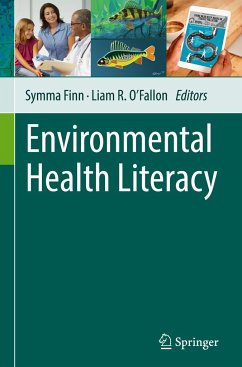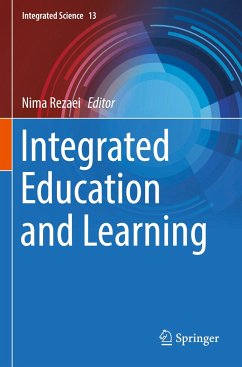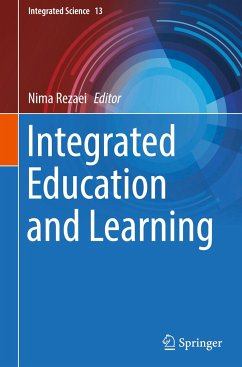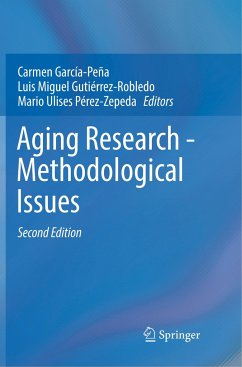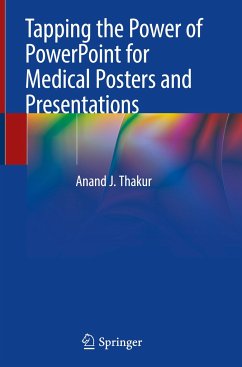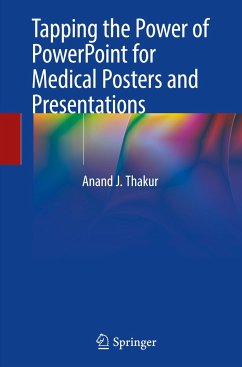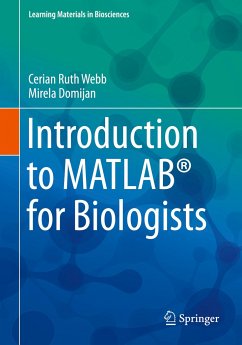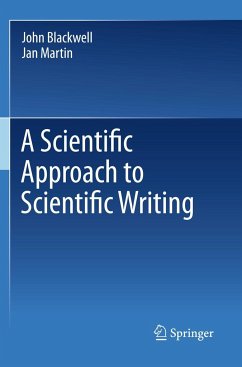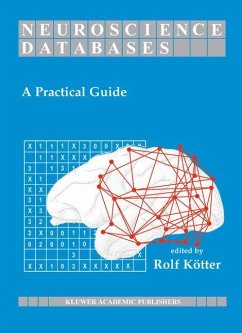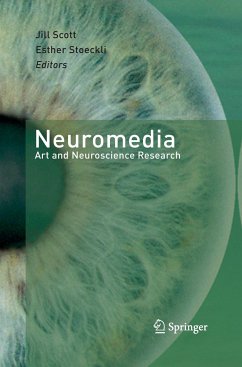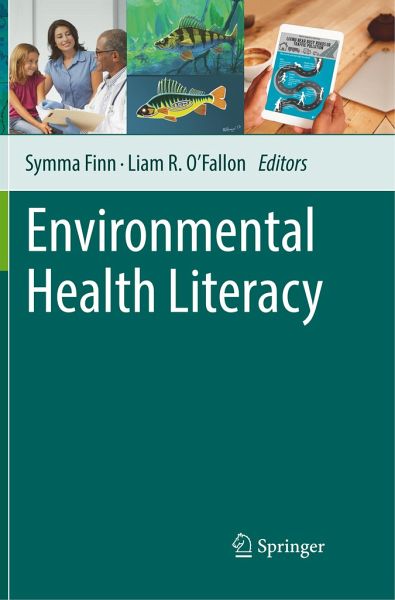
Environmental Health Literacy
Versandkostenfrei!
Versandfertig in 6-10 Tagen
106,99 €
inkl. MwSt.

PAYBACK Punkte
53 °P sammeln!
This book explores various and distinct aspects of environmental health literacy (EHL) from the perspective of investigators working in this emerging field and their community partners in research. Chapters aim to distinguish EHL from health literacy and environmental health education in order to classify it as a unique field with its own purposes and outcomes. Contributions in this book represent the key aspects of communication, dissemination and implementation, and social scientific research related to environmental health sciences and the range of expertise and interest in EHL. Readers wil...
This book explores various and distinct aspects of environmental health literacy (EHL) from the perspective of investigators working in this emerging field and their community partners in research. Chapters aim to distinguish EHL from health literacy and environmental health education in order to classify it as a unique field with its own purposes and outcomes. Contributions in this book represent the key aspects of communication, dissemination and implementation, and social scientific research related to environmental health sciences and the range of expertise and interest in EHL.
Readers will learn about the conceptual framework and underlying philosophical tenets of EHL, and its relation to health literacy and communications research. Special attention is given to topics like dissemination and implementation of culturally relevant environmental risk messaging, and promotion of EHL through visual technologies. Authoritative entries by experts also focus on important approaches to advancing EHL through community-engaged research and by engaging teachers and students at an early age through developing innovative STEM curriculum. The significance of theater is highlighted by describing the use of an interactive theater experience as an approach that enables community residents to express themselves in non-verbal ways.
Readers will learn about the conceptual framework and underlying philosophical tenets of EHL, and its relation to health literacy and communications research. Special attention is given to topics like dissemination and implementation of culturally relevant environmental risk messaging, and promotion of EHL through visual technologies. Authoritative entries by experts also focus on important approaches to advancing EHL through community-engaged research and by engaging teachers and students at an early age through developing innovative STEM curriculum. The significance of theater is highlighted by describing the use of an interactive theater experience as an approach that enables community residents to express themselves in non-verbal ways.



